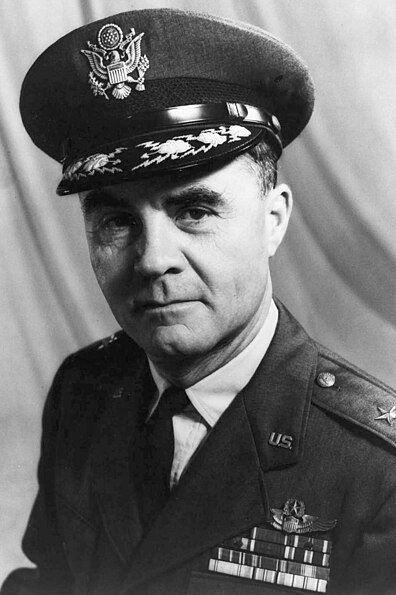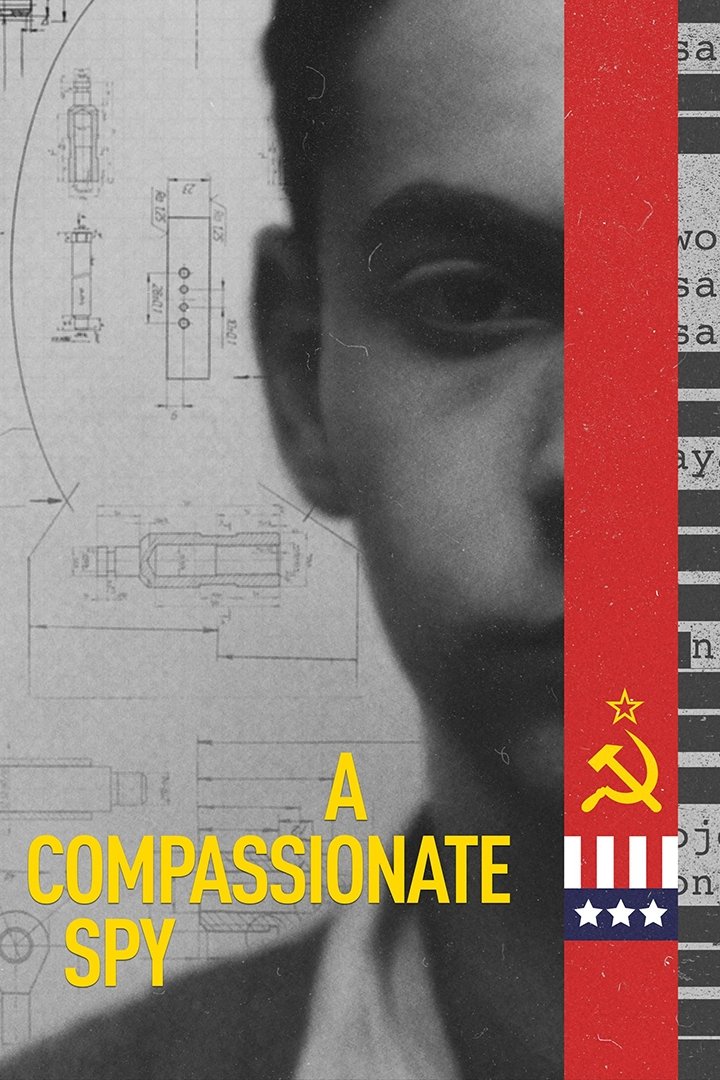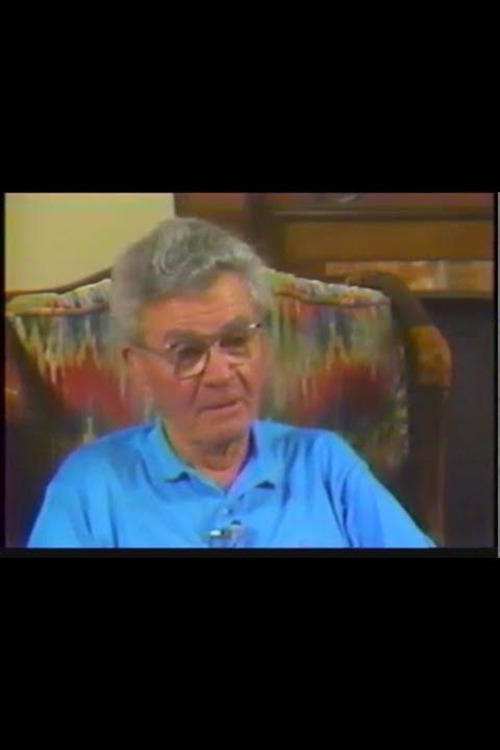

Physicist Ted Hall is recruited to join the Manhattan Project as a teenager and goes to Los Alamos with no idea what he'll be working on. When he learns the true nature of the weapon being designed, he fears the post-war risk of a nuclear holocaust and begins to pass significant information to the Soviet Union.

Colonel (later General) Paul Tibbets was the pilot of the Enola Gay, the B-29 that dropped the “Little Boy” atomic bomb over Hiroshima on August 6, 1945. In this documentary Tibbets co-produced with the Buckeye Aviation Book Company, “Reflections on Hiroshima,” he recounts his memories of the day the atomic bomb was first used in warfare. Tibbets recalls how he became a pilot, and explains how the Manhattan Project’s “Silverplate” program produced a special version of the B-29 capable of delivering the atomic bomb. He also discusses the target selection process and describes the “odd couple” of J. Robert Oppenheimer and General Leslie Groves. He remembers seeing the mushroom cloud over Hiroshima and feeling the shock wave of the blast, and shares his views on the role of morality during war.
Paul Warfield Tibbets Jr. (February 23, 1915 – November 1, 2007) was a brigadier general in the United States Air Force. He is best known as the aircraft captain who flew the B-29 Superfortress known as the Enola Gay (named after his mother) when it dropped a Little Boy, the first of two atomic bombs used in warfare, on the Japanese city of Hiroshima.
By browsing this website, you accept our cookies policy.